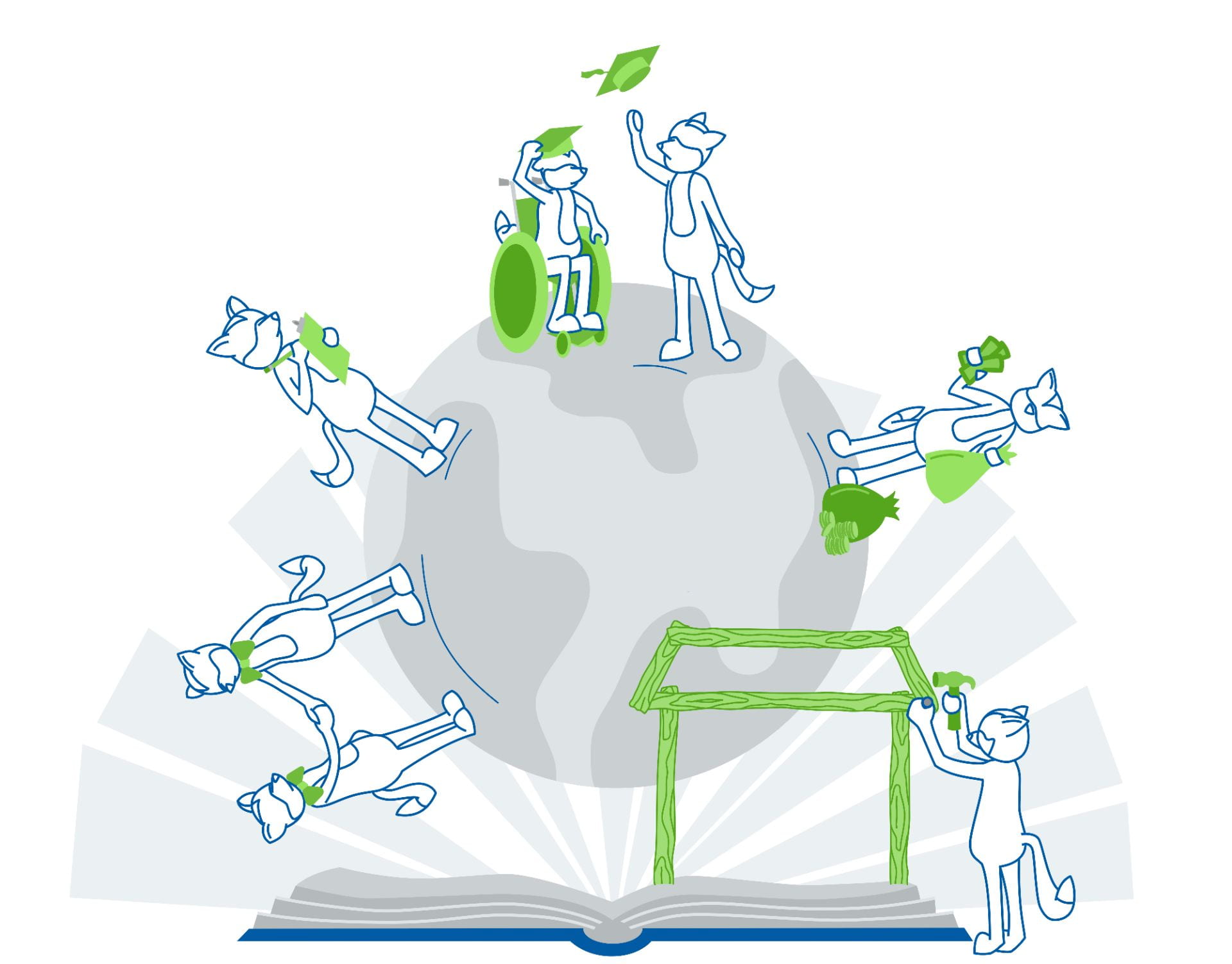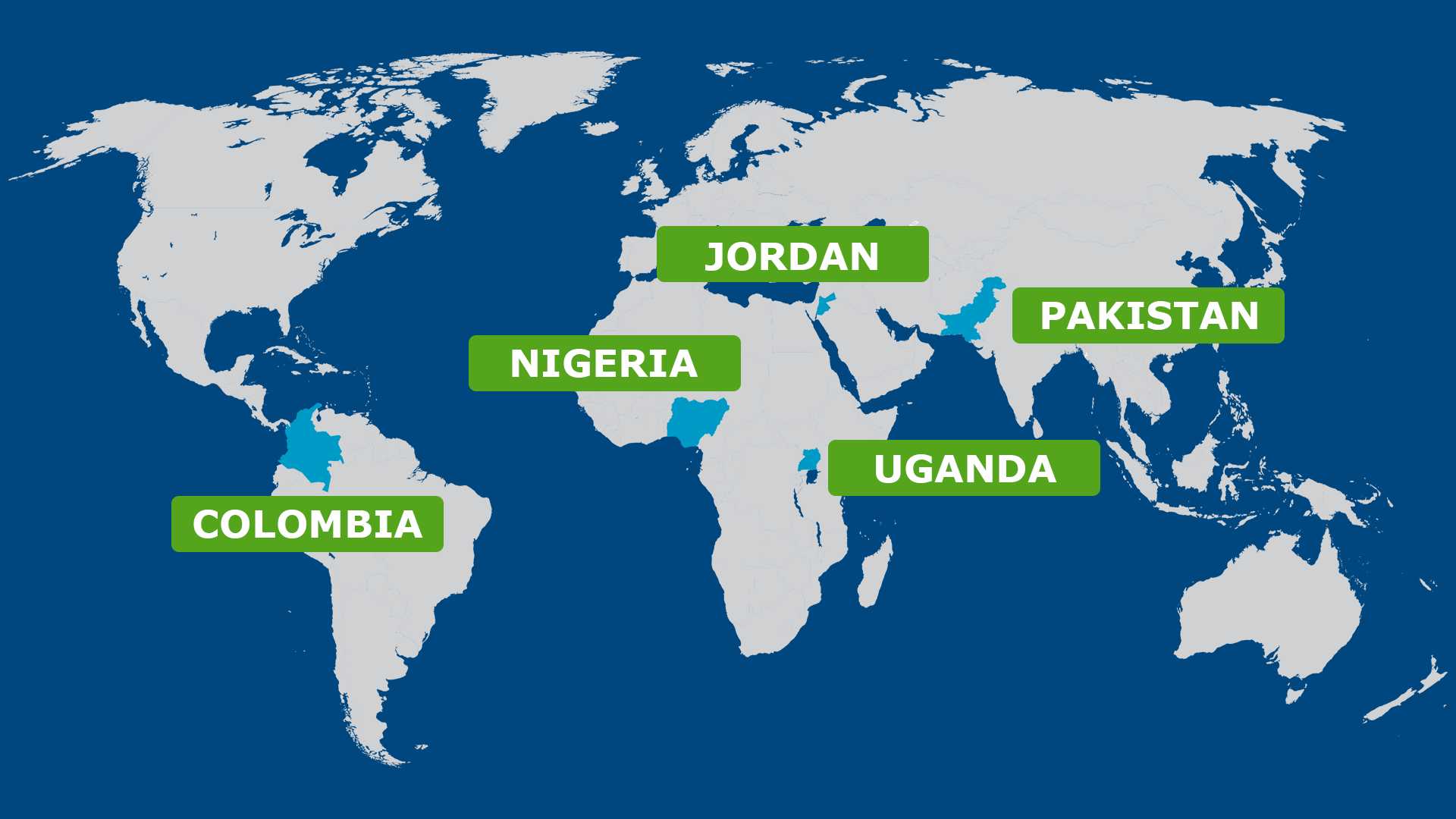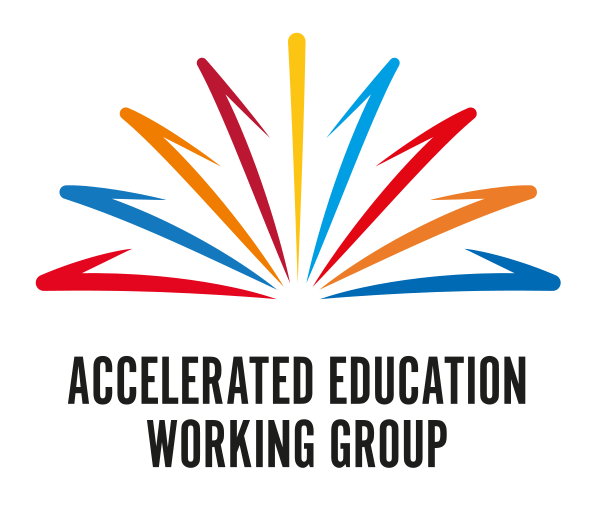The research component of ACCESS has stopped following termination of funding. See here for more information.
ACCESS
Promoting systems-level change for out-of-school children and youth

For approximately 258 million children and youth, access to education is out of reach due to conflict, poverty, natural disaster, or forced displacement.
We believe that they should have the opportunity to begin or return to school if they so choose.
This is why we are undertaking a 44-month research project, ACCESS: Accelerating Change for Children’s and Youths’ Education through Systems Strengthening, which investigates the feasibility and process of embedding Accelerated Education Programmes (AEP) in five countries, drawing on the expertise of researchers and educational stakeholders in each.
What is ACCESS?
Where we work


![INEE Logo Horizontal English, FullColor [web]](https://access-education.auckland.ac.nz/files/2022/07/INEE-Logo-Horizontal-English-FullColor-web.png)
